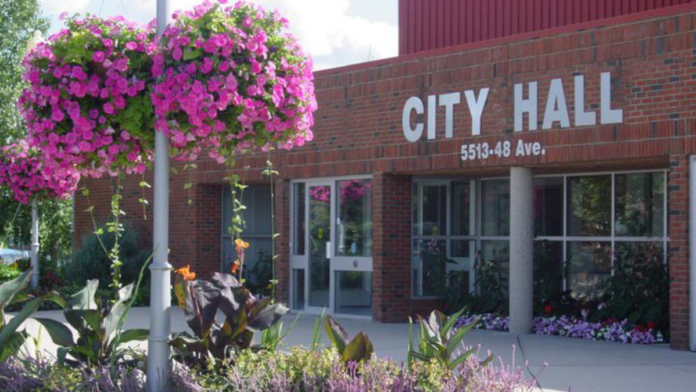The Alberta Government’s recent decision to limit applications to its Rural Renewal Stream initiative, prompted by an overwhelming response from hopeful applicants, has sparked concern across the Lakeland region, according to officials.
At a Corporate Priorities Meeting held on June 18, Cold Lake councilors and administration discussed updates regarding the Alberta Advanced Immigration Program (AAIP) and its impact on the Cold Lake Rural Renewal Stream. Andrew Serba, Strategic Initiatives Manager for Cold Lake said the local program has been running smoothly and well-received by the business community and prospective applicants.
According to the Alberta Government website, the Rural Renewal Stream facilitates the attraction and retention of newcomers to rural Alberta through community-driven initiatives.
Serba elaborated that 75 businesses have been admitted to the program with 431 job postings to date. He noted the provincial government’s decision to cap applications due to high demand and federal quotas. “The Government of Alberta, however, has noted that the demand for access to this program has been unprecedented on a provincial scale, and with federal caps and quotas in place, is moving to restrict the total number of applications that can be made through the rural renewal stream,” Serba explained.
He also addressed a backlog in processing applications, explaining that the AAIP is currently processing applications from last October and November, which has created a backlog they are working through.
Councilor Vicki Lefebvre raised concerns about prioritizing crucial jobs, questioning whether these would be prioritized based on region or provincial needs. Serba clarified that decisions are made at the provincial level, prioritizing jobs deemed most crucial by the province.
Deputy Mayor Bob Mattice expressed concerns about the cap’s effect on the city’s growth, noting that Cold Lake had been one of the early adopters of the program and that the cap could impact the city’s development. Serba echoed these concerns, mentioning positive feedback from businesses about the program’s facilitation by the city.
The discussion concluded with reflections on the potential extension of the program beyond its three-year pilot period. No motions were made following the discussions.
Linda Sallstrom, economic development officer of the St. Paul/Elk Point Economic Development Alliance (STEP), shared insights on her area’s experience with the AAIP. She said they were accepted into the program as the designated community, covering all their communities, in March 2023. Since then, they have implemented a program and made numerous adjustments due to the lack of specific government guidance.
Sallstrom expressed concerns over recent changes impacting program intake. Previously, the intake was open, allowing newcomers to apply with their letter of endorsement at any time. Now, the intake has been limited to one day a month, which she believes will not clear up the backlog but will create a backlog for workers and employers and ass uncertainty.
Regarding the impact on St. Paul, Sallstrom commented that it would slow things down but not impede the program. However, she noted potential grater impacts in areas such as Bonnyville or Cold Lake. Sallstrom emphasized the program’s benefits, stating, “There are employers that have said that last year they would not have made it through the summer without the ability to get workers.”
The uncertainty about the program’s future effectiveness remains a concern for many in the region.




